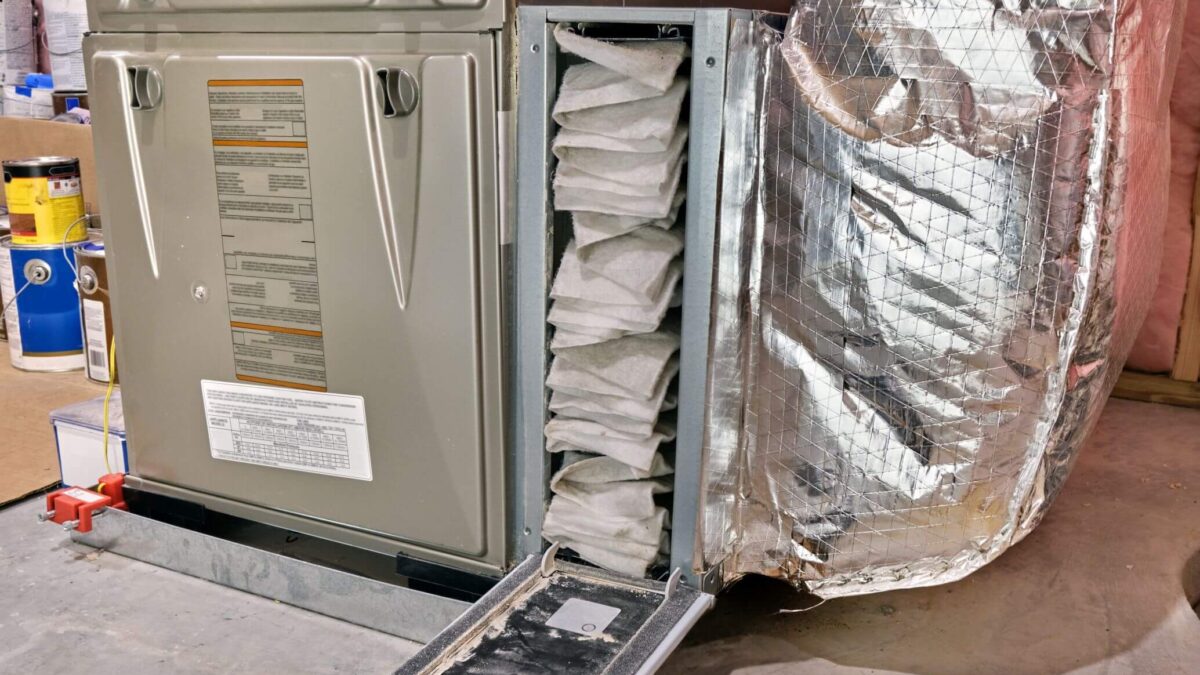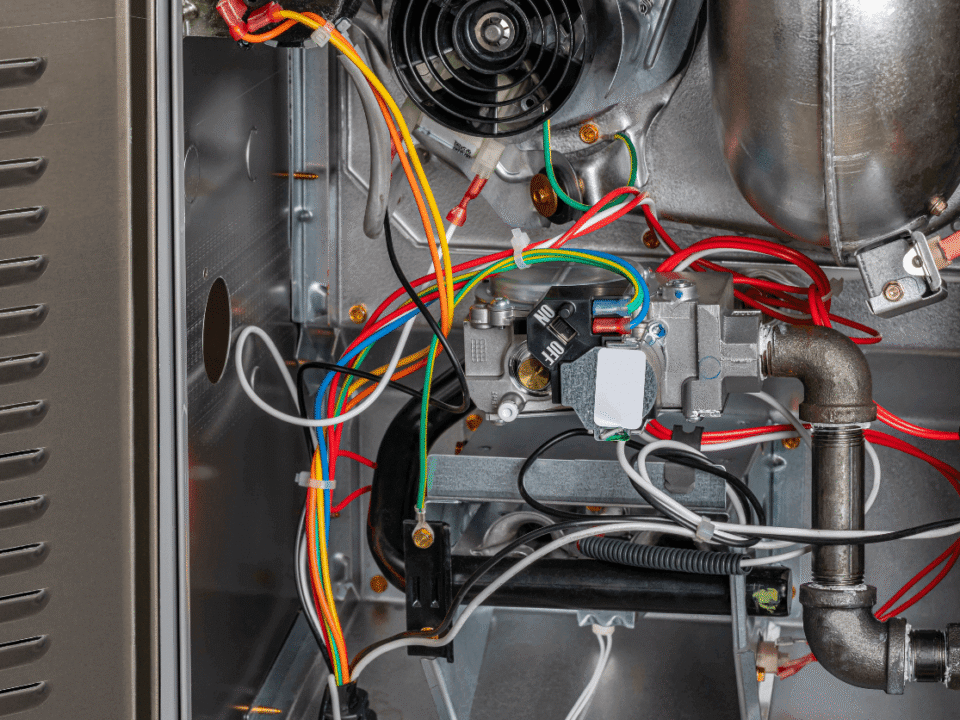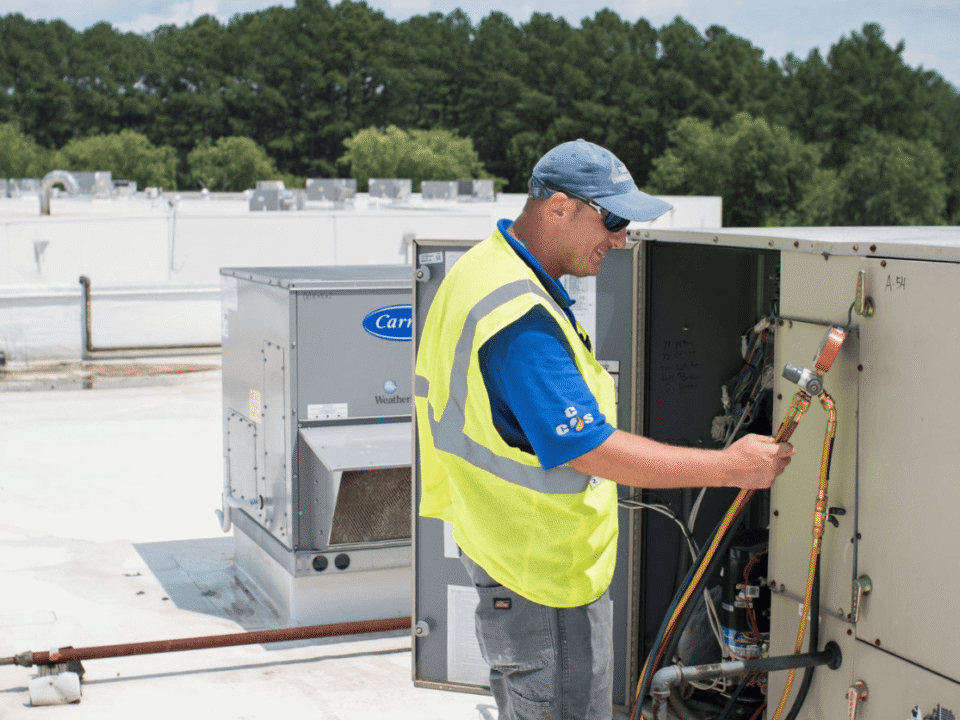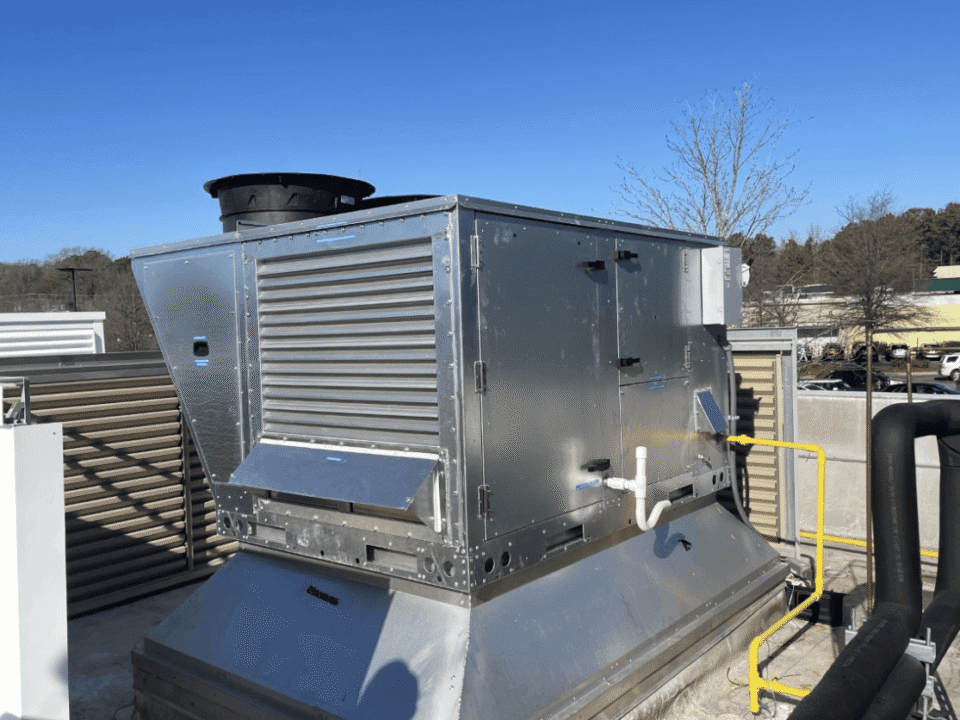
What are HVAC Load Calculations?
January 23, 2025
Air Purification for Allergies and Asthma: Finding Relief
February 20, 2025Exploring the lifespan of your HVAC system
When it comes to heating, ventilation, and air conditioning (HVAC) systems, one of the most common questions we hear from both homeowners and business owners is: “How long should my HVAC system last?”
It’s a great question – and an important one. Your HVAC system is one of the biggest investments you’ll make in your home or commercial building. It’s responsible for indoor comfort, indoor air quality, and in many cases, energy efficiency. Knowing how long you can expect your HVAC system to run effectively not only helps you plan for replacement, but also ensures you’re getting the most out of your investment along the way.
In this article, we’ll explore the average lifespan of HVAC systems, factors that influence longevity, the differences between residential and commercial systems, signs of aging equipment, and practical steps you can take to extend the life of your system.
Average Lifespan
While no two systems are identical, there are some general guidelines for how long different HVAC components tend to last:
- Central air conditioners & heat pumps: 10–15 years
- Furnaces (gas or oil): 10–20 years
- Boilers: 10–25 years
- Ductless mini-split systems: 10–20 years
- Commercial rooftop units (RTUs): 10–20 years
These numbers are averages, not guarantees. Some systems may fail sooner due to poor maintenance or heavy usage, while others can run efficiently past their expected service life with proper care.
Key Factors That Affect HVAC Longevity
Several variables play into how long your HVAC system will last. Think of it like maintaining a vehicle: the better you care for it, the longer it will serve you.
1. Maintenance Practices
Routine maintenance is the single most important factor in HVAC lifespan. Annual (or in many cases, bi-annual) tune-ups, filter changes, and cleaning prevent dirt and debris from clogging the system, reduce strain on components, and catch small issues before they become costly failures.
- Residential systems: Homeowners should replace filters every 1–3 months and schedule maintenance at least once a year.
- Commercial systems: Because they run more frequently and serve larger spaces, commercial HVAC systems typically need quarterly maintenance checks.
2. Usage and Climate
Your environment plays a big role in how hard your system works. In areas like Raleigh, NC, with humid summers and chilly winters, systems often run nearly year-round, increasing wear and tear. A retail store with constant foot traffic and open doors will place more demand on HVAC equipment than a private office.
3. Installation Quality
Even the best HVAC system will fail prematurely if installed incorrectly. Proper sizing, ductwork configuration, and refrigerant charging are critical to system health. A poorly installed system may short-cycle, work harder than necessary, and burn out years before its time.
4. System Type and Build Quality
Not all HVAC units are created equal. Higher-end systems with premium components may last longer, while budget models can wear out faster. Brand reputation, build quality, and available technology all matter.
Signs of Aging
Recognize the tell-tale signs that indicate your HVAC system may be reaching the end of its operational life, including:
- Frequent Repairs: If you’re calling for repairs several times a year, it may be more cost-effective to replace the system altogether.
- Rising Energy Bills: Older systems lose efficiency over time. If your energy bills are climbing despite consistent use, your system may be working harder than it should.
- Uneven Comfort: Rooms that are too hot, too cold, or suffer from poor airflow signal a system that’s struggling to keep up.
- Strange Noises or Odors: Grinding, banging, or foul smells can mean critical components are failing.
- System Age: Even if your system seems to be running fine, once it hits the 10–15 year mark, it’s smart to start planning for replacement.
Extending the Lifespan
These practical tips can prolong the life of your HVAC system, ensuring maximum performance for years to come.
- Regular Maintenance: Schedule bi-annual maintenance checks to ensure everything operates smoothly.
- Timely Repairs: Address minor issues before they become major problems.
- Efficient Use: Use programmable thermostats to reduce unnecessary usage.
Knowing the lifespan of your HVAC system can help you make informed decisions about maintenance and replacements. Our Raleigh-based company is here to assist with professional maintenance services and ensure your HVAC system serves you well for years to come. If you have any questions or need a comprehensive system evaluation, feel free to contact us!



